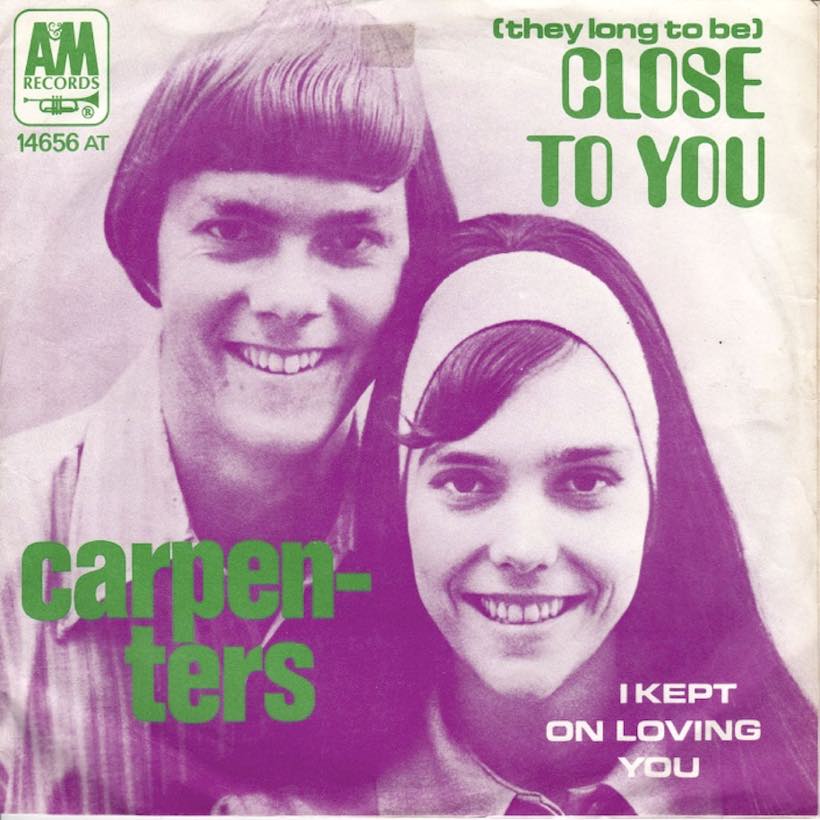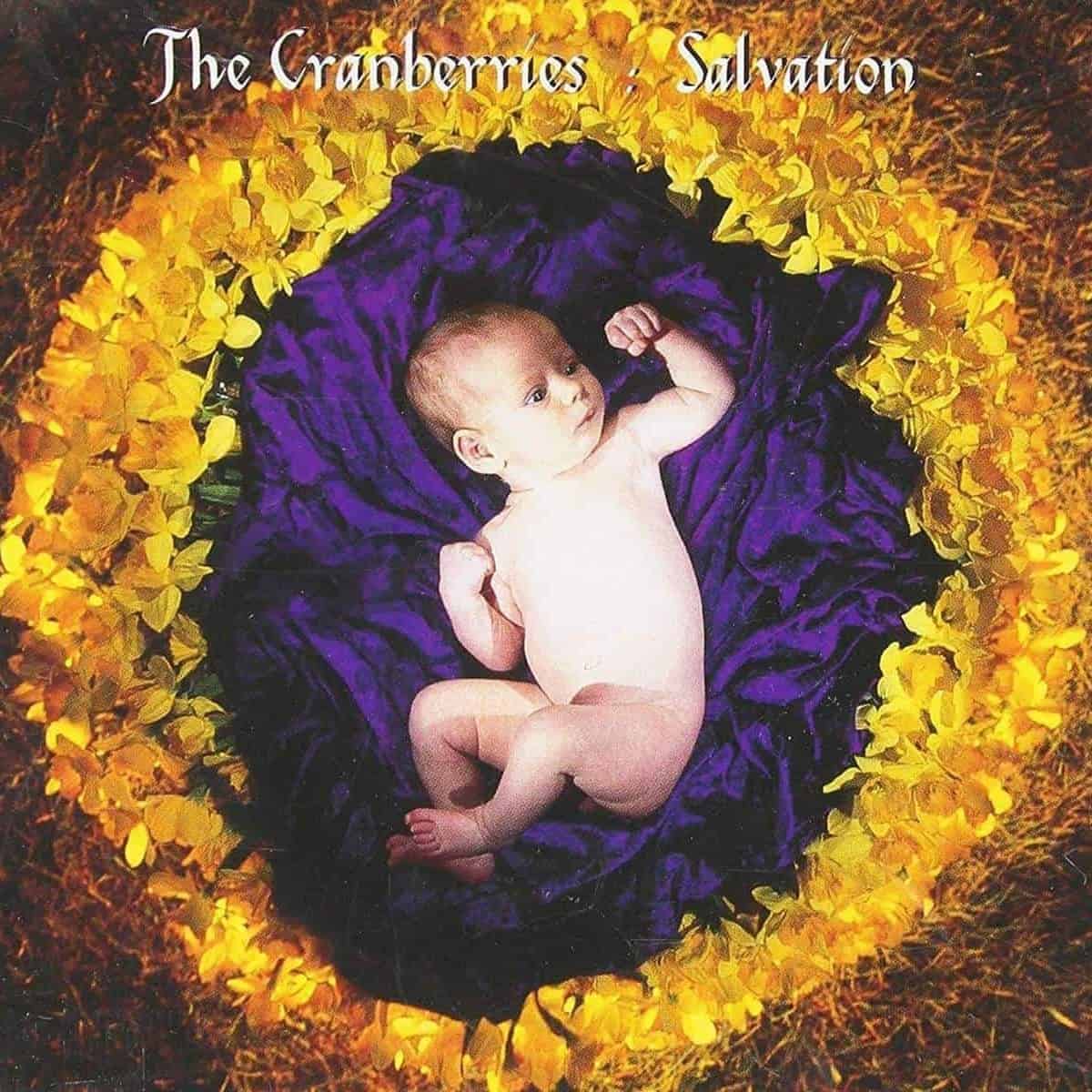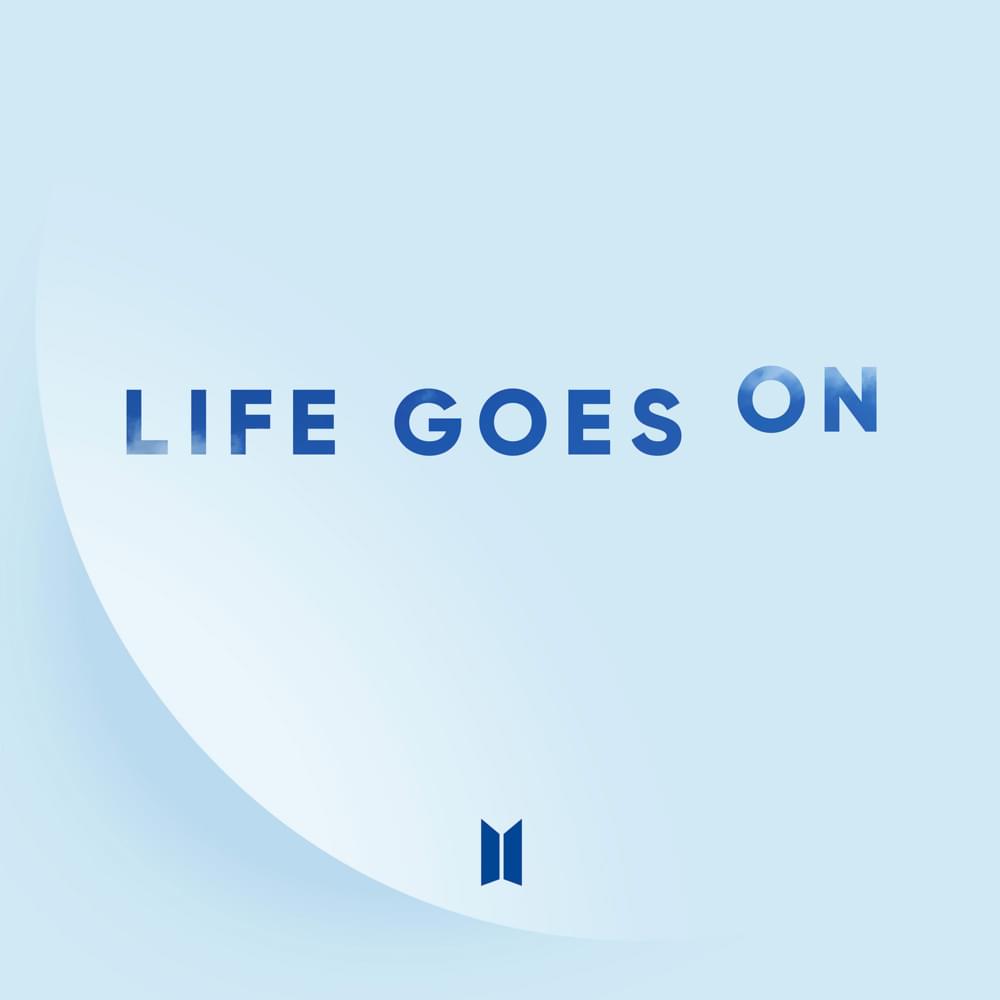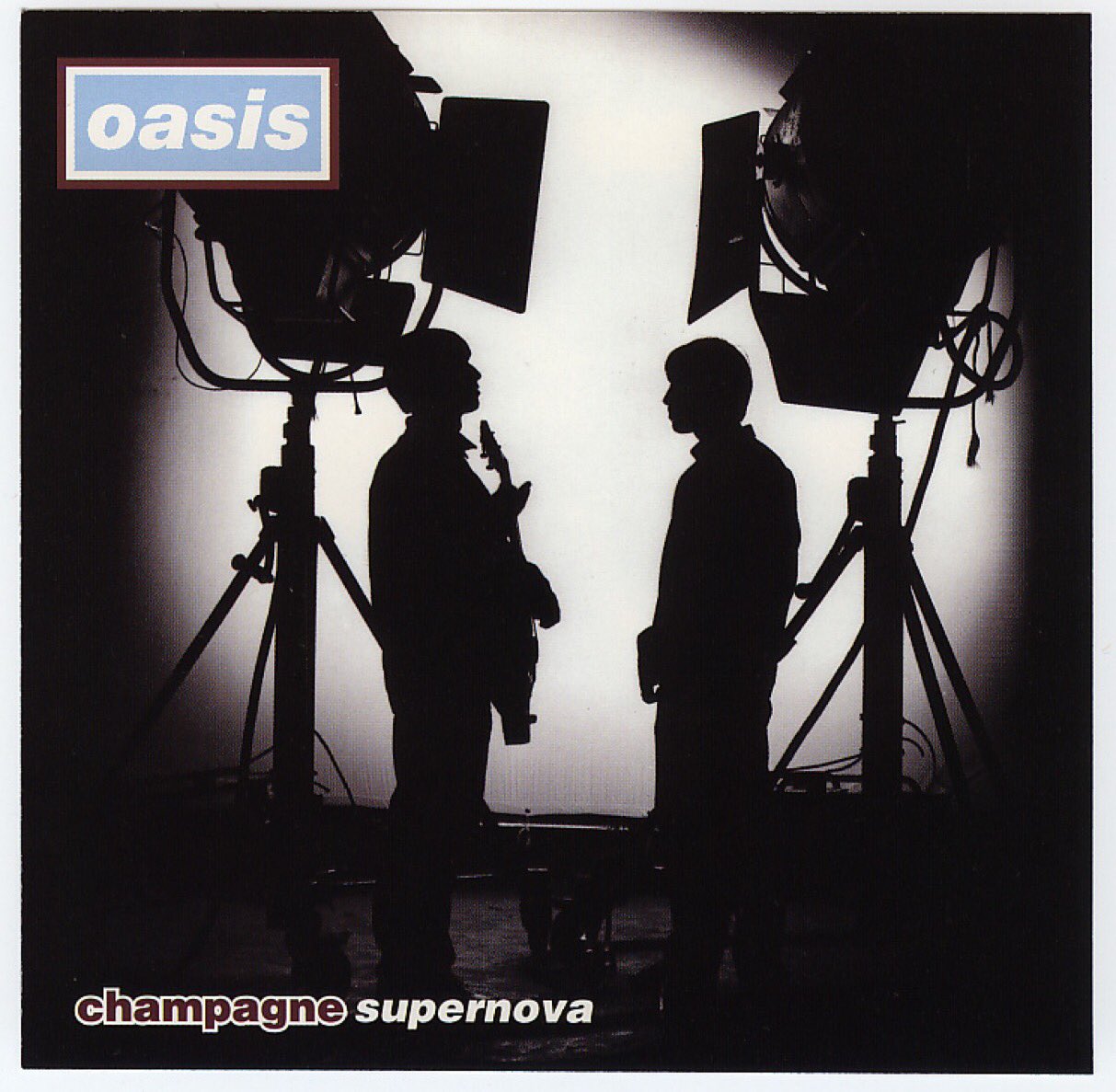In The Number Ones, I'm reviewing every single #1 single in the history of the Billboard Hot 100, starting with the chart's beginning, in 1958, and working my way up into the present.
The Carpenters - "(They Long To Be) Close To You"
HIT #1: July 25, 1970
STAYED AT #1: 4 weeks
"Do you like the Carpenters? I think they're sensational." That's something Jeremiah Sand, the monstrous cult-leader villain of the 2018 movie Mandy, says at the beginning of a particularly intense scene. Mandy, a hallucinatory and horrific revenge thriller, is one of my favorite movies of last year -- I wrote about it here -- but it's also a dark, difficult watch, and that scene is one of the darkest and most difficult. So that Carpenters line is a nice little moment of comedy before things get massively fucked up.
When that scene kicks in, we already know Jeremiah Sand is a bad guy. He has sacrificed one of the members of his cult to a demonic cannibal biker gang. He has kidnapped a woman. He has severely beaten her boyfriend. He has dosed her with weapons-grade acid. But we don't truly realize how evil he is until he forces her to listen to him prattling on about the Carpenters.
The Carpenters didn't invent easy listening music. Easy listening had done huge business all through the '60s, and people like Herb Alpert, the man who signed the Carpenters to his A&M label, had made fortunes off of it. But the Carpenters took that music, with all its lush and syrupy orchestration, and fused it with the starry-eyed sensibilities of late-'60s rock. In doing so, they became a commercial juggernaut and helped to invent the somnambulant sound of '70s studio-pop. It's not hard to figure out why a lot of people might resent them, why they might become a punchline in a gory and experimental B-movie 48 years after their breakthrough.
Richard and Karen Carpenter had been born in Connecticut, and they'd moved to the LA area when their parents realized that they had musical ambitions. But for a while, their musical ambitions weren't in line with what was happening at the time. Richard liked classical music, and he was into rich and complex orchestrations, which made him an odd man out in the psychedelic era. Karen, meanwhile, started out playing drums before everyone around her realized that she had a rich and communicative singing voice.
Richard got a job playing old-timey music at Disneyland, but he got fired when he and his bandmates tried incorporating newer music into their act. Meanwhile, Spectrum, the first band that Richard and Karen formed, had a hard time getting signed or even getting shows because their music was too soft and ponderous. For a while, they were too new for old sounds, and too old for new ones.
In 1968, Spectrum broke up, and the Carpenter siblings soldiered on as a duo. After a while, they signed on to do a Ford commercial, but they backed out of that once Alpert signed them to A&M. Offering (Ticket To Ride), their 1969 debut, went nowhere. But a year later, Burt Bacharach met with the duo, liked them, and asked them to open a charity show for him. As part of the gig, they were planning to play a medley of Bacharach songs. But then Richard got to working on Bacharach's song "(They Long To Be) Close To You," and the version that the Carpenters recorded ended up breaking through and becoming one of 1970's biggest songs.
Bacharach and Hal David had written "(They Long To Be) Close To You" in 1963 for the TV star Richard Chamberlain, but his version basically disappeared when "Blue Guitar," its B-side, became a minor hit instead. Dionne Warwick recorded "Close To You" a year later. Dusty Springfield recorded a take on it in 1964, but hers didn't come out until three years later. After Herb Alpert got to #1 in 1968 with Bacharach and David's "This Guy's In Love With You," he recorded his own take on "(They Long To Be) Close To You" as a follow-up, but he didn't like how it turned out, so he scrapped it.
All those earlier versions of the song were big, traditional showstopping '60s orchestral-pop ballads. But when Alpert got the Carpenters working on their own version of the song, he told Richard not to listen to any of the others when coming up with his arrangement. So the Carpenters' version is thicker and gooier, built on a needling piano figure that reminds me of the intro to the Sesame Street theme song, if it was somehow slow and stately.
There's clearly a lot of musical talent on "(They Long To Be) Close To You." The Carpenters recorded it with members of the Wrecking Crew, and Richard's arrangement is a full, layered thing. (Karen had played drums on the duo's original version, but producer Jack Daugherty convinced her to let Hal Blaine do it instead.) There are harps. There's a flugelhorn solo. There are backup singers echoing Karen's lines. And it's too much. All those melodies are toothache-sweet and impeccable to the point of being antiseptic. And the song itself is simple and repetitive enough that it can't support all those pillowy embellishments.
The one thing that really works about the song is Karen. She's got this warm, controlled delivery, and she manages to get across both sadness and silliness with a lot of subtlety. The song's lyrics are exaggerated to the point of absurdity. Karen thinks that birds and stars and all the girls in town are hovering around this mythical beloved figure. The day this person was born, angels sprinkled gold dust in this person's hair and starlight in his eyes of blue. Karen knows that this is excessive, and there's a hint of humor in the way she delivers those lines. But she also knows that she isn't going to talk to the guy -- this is strictly an internal-monologue song -- so there's a quiet dejection in her voice, as well. It's like she's the only person involved in the song who even understands what it's about.
GRADE: 3/10
BONUS BEATS: Here's the moment from the 1989 movie Parenthood where Rick Moranis improbably fixes his marriage by atonally singing "(They Long To Be) Close To You" to Harley Jane Kozak in front of her eerily silent class:
BONUS BONUS BEATS: Here's the Simpsons flashback scene where Homer first lays eyes on Marge and "(They Long To Be) Close To You" bubbles up on the soundtrack:
BONUS BONUS BONUS BEATS: Here's the Cranberries' genuinely pretty cover of "(They Long To Be) Close To You," from the 1994 alt-rock Carpenters-tribute compilation If I Were A Carpenter:
(The Cranberries' highest-charting single was "Linger," which got to #8 in 1994. It's a 9.)
THE 10S: Stevie Wonder's glowing, ecstatic stomp "Signed, Sealed, Delivered I'm Yours" peaked at #3 behind "(They Long To Be) Close To You." It's a 10.






